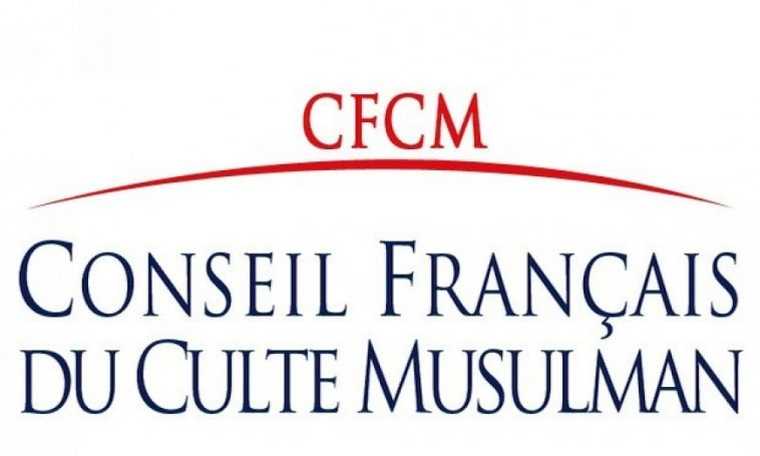By: V4 Agency
The country’s most prominent Islamic organisation has adopted a charter that puts the values of the republic ahead of religious principles, but some Islamic organisations have refused to sign the document. Although the government is accused of Islamophobia and anti-Muslims discrimination by some thirty NGOs, Muslims will continue to do what they want regardless of the charter, the renowned essayist has said.
French President Emmanuel Macron and CFCM, the most prominent Islamist organisation in France have signed the government-sponsored charter that had triggered heated debates. The charter prioritizes the values of the French Republic over religious principles and, marking the end of a long process, paves the way for the establishment of a national council of imams in France.
The French head of state unveiled the government’s plan to combat radicalisation back in February last year in Mulhouse, a town near the Swiss border. The idea was to increase the government’s powers in school education, including the teaching of the Arabic language and the training of imams, as well as the funding of mosques. The government envisioned a comprehensive ban on foreign imams preaching on French soil. The ban was intended to reduce foreign influence and ensure that everyone respects the laws of the French Republic, Mr Macron said earlier.
For a while, there were no meaningful developments after the announcement and Emmanuel Macron only revisited the subject on 2 October, stating that he would take up the fight against Islamist separatism. He said the proposed measures would primarily affect five areas, namely the civil service, the associations, the schools, the independence of Islam in France and the prevalence of the values of the French Republic.
Apart from the announcements, there was not much progress then, but the deadly terrorist attacks of the last few months appear to have opened the eyes of the country’s leaders and led Emmanuel Macron to sit down with the representatives of the main Islamist organisations. Although a final agreement was signed after several meetings, three Muslim organisations disagreed with some terms, so they refused to sign the document. These groups were given 15 days by President Emmanuel Macron and Home Secretary Gerald Darmanin to reconsider their views. The politicians warned that if the organisations fail to sign the agreement, they can expect constant state surveillance and sanctions in the future.
The draft document’s two contested paragraphs relate to foreign interference and the rejection of political Islam, which President Macron is determined to implement. The document also makes clear that imams can only preach in France after having received proper training, in France, with a view to banishing foreign imams and their extremist views from French mosques. CFCM has published the full text of the charter on Twitter.
The charter states that the values of the Muslim faith are perfectly compatible with the principles of the republic, CFCM president Mohammed Moussaoui said after the meeting, adding that they clearly reject the using of Islam for political purposes.
The content of the charter met with resistance not only from protesting Islamic organisations but also from some thirty NGOs. To express their concerns over the document, they have lodged a complaint with the UN Human Rights Council, accusing France of Islamophobia and discrimination against Muslims. According to information obtained by the conservative weekly Valeurs actuelles, thirty-six NGOs from thirteen countries unanimously believe that the actions of the French government tacitly support the publication of the Prophet Mohammad caricatures, violating Muslims’ dignity and fundamental rights. The organisations voicing their dissent want France to rescind what they have described as “discriminatory legislation” and to take appropriate measures to combat religious intolerance.
Commenting on the issue, Eric Zemmour – the renowned French essayist and public writer – pointed out that despite the charter, Muslims will continue to do what they want, as 70 per cent of the Muslims in France do not recognise CFCM as a leading Islamic organisation.
The developments are undeniably a step forward, Eric Zemmour told the Face a l’Info television show, adding that because the 1905 Law is still in force, unfortunately the charter cannot be forced on Muslims. Although this law guarantees the separation of state from church, an amendment to ensure transparency and control over the financing of Islam has long been on the French government’s agenda. Nevertheless, there has been no progress so far.
Citing a recent survey, Zemmour underlined that 70 per cent of Muslims living in France do not recognise CFCM, therefore no progress can be expected and nothing will change. In the essayist’s view, France is heading in the wrong direction: on the one hand Muslims will disrespect the charter, and on the other hand, secularism is useless without integration. Zemmour referred to the ongoing social debate on whether or not young Muslim girls are allowed to wear headscarves in public, saying he believes the Castex government will not have the courage to ban minors from wearing conspicuous religious symbols or clothing items in public, according to Valeurs actuelles.

